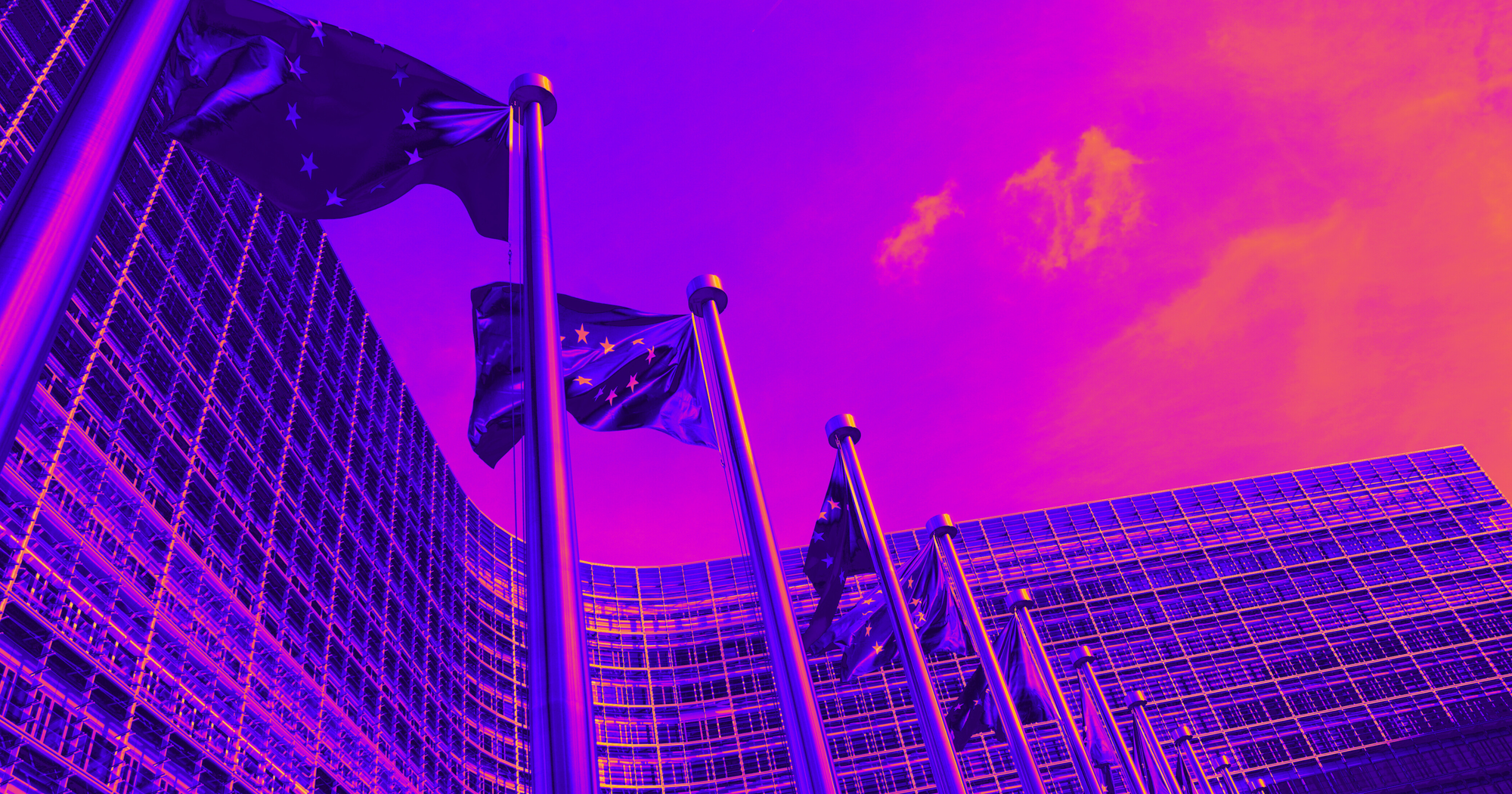EU’s €700M Fines for APPLE and META: power posing or the benefit for consumers?
The EU fined Apple €500M and Meta €200M under the Digital Markets Act, giving them 60 days to comply. But from a consumer perspective, are we celebrating real benefits - or are we celebrating “showing it to them”?

Yesterday, the tech world in the EU and the US was buzzing with comments on the European Commission's recent decision to fining APPLE 500 million and META 200 million for non-compliance with the Digital Markets Act. Companies have 60 days to comply or they will be subjected to fines.
Some political groups within the European Parliament, normally declaring championship of the ideas of economic freedom, have been celebrating the decision in formats without much focus on how the decision will actually benefit consumers -one of the fundamental ideas behind the DMA (See Picture below).
Others were even more… outspoken. This line of communication seems to be escalating tensions and fueling the perception that Europeans are simply “against U.S. tech” as such (See picture below).
What were the tech companies fined for?
META has been fined for its “pay or consent” model, which was adjusted in November 2024 following dialogue with the European Commission and is currently under review.
APPLE has been fined for non-compliance with a provision in the DMA that requires it to inform users about alternative offers outside the App Store.
What’s next? APPLE and META have the option to implement the required changes within the next 60 days - otherwise, they will face fines. Once the changes are made, they’ll be reassessed, and the same cycle could repeat.
APPLE has already announced plans to appeal the decision in court, stating that the European Commission is “unfairly targeting them by moving the goalposts every step of the way,” while META’s Chief Global Affairs Officer, Joel Kaplan, called it an attempt “to change their business model and offer an inferior service.”
Consequences for consumers: are we planning on measuring the impact?
We have few European startup associations or SME representatives celebrate the Commission’s decision yet. But since the Digital Markets Act was designed to provide more opportunities and choice for consumers (which no one disagrees with), it’s important to assess the decision's unintended consequences for consumers, too.
Security risks. App developers know that being greenlighted by the App Store is a mark of quality that both consumers and businesses value. It goes without saying in the startup world: if you’re on AppStore, you’re trustworthy, your app is safe to download. Sure, getting onboarded takes a while and is not an easy task. While the DMA’s decision aims to require APPLE to allow in-app promotion of pricing and alternative distribution channels (or to freely link to external pages) this could have unintended consequences.
Less personalization = more ad noise. The Commission’s decision against META’s “pay or consent” model essentially targets its business model built on personalized advertising. Personalized ads will likely be part of a broader debate in the EU over the next four years. While the Commission has been open about its intention to reduce the scope of this model, shrinking personalized advertising could have unintended downsides - raising advertising costs for SMEs (due to broader targeting and less precision) and resulting in a flood of irrelevant ads for consumers in their newsfeeds.
Cost passed on to consumers. Many roll their eyes at this argument in Berlaymont, but there’s truth to it. APPLE stated that they’ve spent “hundreds of thousands of engineering hours and made dozens of changes to comply with this law - none of which our users have asked for.” We assume a similar story applies to META, which revised its ad model back in November 2024. If companies are subjected to continued investigations and forced to overhaul their business models, someone will have to bear the cost, and historically, that’s almost always the consumer.
Consumer demand? Many decisions claimed to support consumers and their choices rarely involve an actual consumer perspective. Since yesterday, we haven’t seen any startup associations - including those representing dozens of app developers - celebrate the decision. APPLE has clearly stated that these changes weren’t requested by their users.
While some of the EU’s broader interoperability requirements make sense from a consumer point of view, proportionality matters. If the European Commission wants to strengthen its case, it should publish ex-post assessments of its decisions: Did they help app developers, SMEs, and users? Did they lead to the creation of more European alternative services?
Tariff pause: 66 days left. Donald Trump postponed the introduction of new tariffs on April 9th, with the European Commission following suit on April 10th. Digital hyperscalers and the EU’s digital policy have been part of the requests, at least on the American side. So far, the European Commission has remained modest and diplomatic in their statements on potential digital policy changes (with firm rejection of such an idea) reiterating that the EU’s digital rulebook is non-discriminatory and doesn’t target American tech companies per-se, yet the reactions from some political groups in the European Parliament (as noted above) paint a different picture.
From a consumer perspective, we’re left with a rhetorical question: shouldn’t we be celebrating the potential benefits for consumers - if they exist - and backing them with actual data after a while? Or are we, as Europeans, more motivated by simply “showing it to them”?

